There’s a scene in the French espionage series The Bureau — about the DGSE, France’s equivalent of the CIA or MI6 —where one of the characters loses a limb while on active service. ‘Excellent,’ jokes the station boss on his return. ‘This will greatly improve our diversity quota for disabled employees.’ This is why I prefer foreign language dramas to homegrown ones. You can’t imagine a joke like that making it into a BBC drama, can you?
When, in 2015, the first season of The Bureau was shown to members of the real DGSE (Direction générale de la sécurité extérieure) they gave it a standing ovation. It certainly feels accurate: the poky, windowless offices; the long hours and absence of social life; the incestuousness (the only people they shag are one another, unless of course it’s business); the tradecraft; the obsessive secrecy and routine suspicion and mendacity. Not since Smiley’s People (from the days when the BBC was good; that long ago) has a spy drama better captured that hall of mirrors world where it’s almost impossible to be sure who is good or bad, real or unreal, themselves or merely yet another alter ego.
In this realm of deceit, where letting slip the truth can be fatal, the most accomplished liar rules. Enter our hero, Guillaume Debailly (Mathieu Kassovitz) aka Paul Lefebvre, codenamed Malotru. (Malotrumeans ‘lout’ and like all the undercover agents’ codenames, it comes from Captain Haddock’s rants in Tintin.) Being the most brilliant agent in the DGSE, he’s also the most slippery and untrustworthy one. Though you don’t always like him, you never stop rooting for him because he’s handsome, romantic, troubled, loved by his adorably bolshie teenage daughter and because his gift for being at least three steps ahead of everyone else makes him a veritable Houdini of seemingly impossible, now-get-out-of-that impasses.
At the end of Season Two — spoiler alert — he is held prisoner by Isis and is next in line for one of those horrific orange-jumpsuit executions. There’s another key difference between British and foreign TV: while we were making worthy, morally ambiguous, non-judgmental dramas about British Muslim women going to Raqqa and discovering it wasn’t quite the paradise they’d heard about in Dabiq videos, the French were sensibly exploiting the territory for its goodies vs really evil vicious baddies thriller material. Apart from a few episodes of Our Girl, as I recall, British TV all but failed to mine this rich dramatic seam. Why? Political correctness and cowardice, I suspect.
Be patient with Season One (available with Season Two ‘free’ to Amazon Prime subscribers; you have to pay extra for the third season), which is a bit monochrome and melancholy. It picks up later, once it has a bigger budget for exotic locations and explosions and has learned to betray its worthy, Canal Plus arthouse instincts in the service of pure entertainment. But what it does have right from the start — and this is why it has endured so long — is lots of complex, intriguing, well-drawn characters.
There’s Henri, the anxious, mordant, hyper-analytical station boss with his excruciating ties; the Mule, stubborn, taciturn, a ruthlessly efficient fixer with a heart of gold; Marina (codename Phénomène), the gamine trainee undercover agent with the girlie voice, slight physique and heroic tenaciousness, who is forever threatening for various reasons to blow the whole gaffe on her cover story only to pull something extraordinary out of the hat at the last second.
I love this series, not least for the way it reminds me why, despite everything, I so love our ancient enemies the French. Economically, yes, they are hopelessly left-wing; but culturally they have remained defiantly, proudly, unapologetically themselves to a degree that we British ought to (but probably mostly don’t) regard with envy.
They smoke all the time (as of course the French should); they have sex all the time (ditto); and though conscious that France’s imperial greatness is as lost as Britain’s, they nevertheless carry on regardless as if their former colonies in North Africa and the Middle East are still very much their domain, and something they can still handle much more sophisticatedly than that pesky arriviste superpower les Americains.
Got something to add? Join the discussion and comment below.
Get 10 issues for just $10
Subscribe to The Spectator Australia today for the next 10 magazine issues, plus full online access, for just $10.
You might disagree with half of it, but you’ll enjoy reading all of it. Try your first month for free, then just $2 a week for the remainder of your first year.


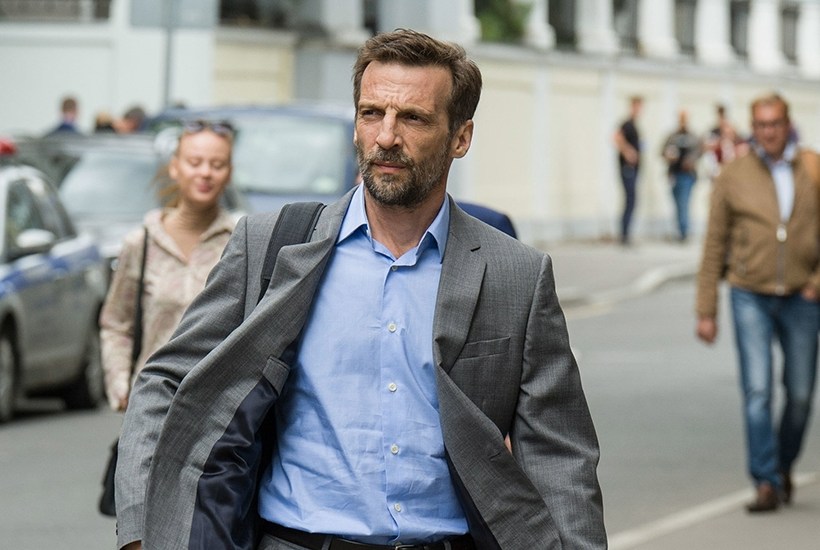
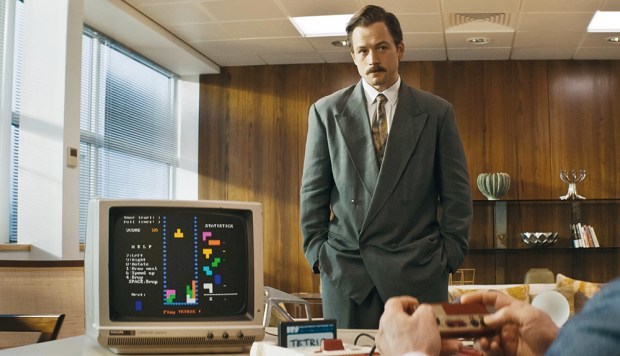

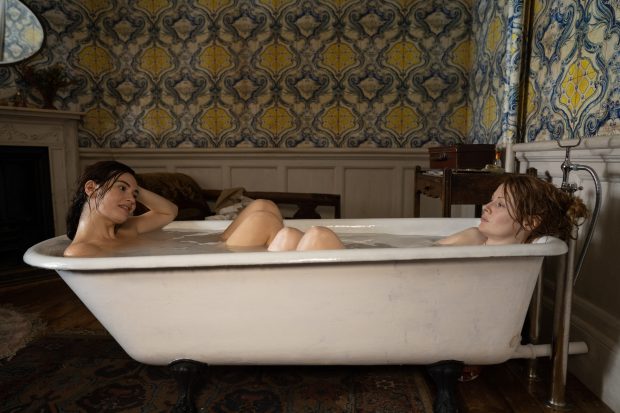
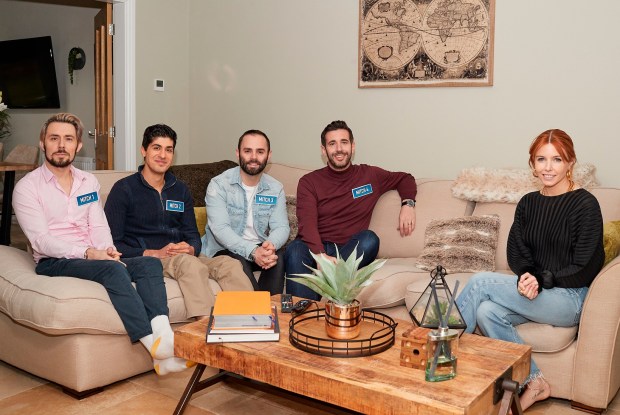

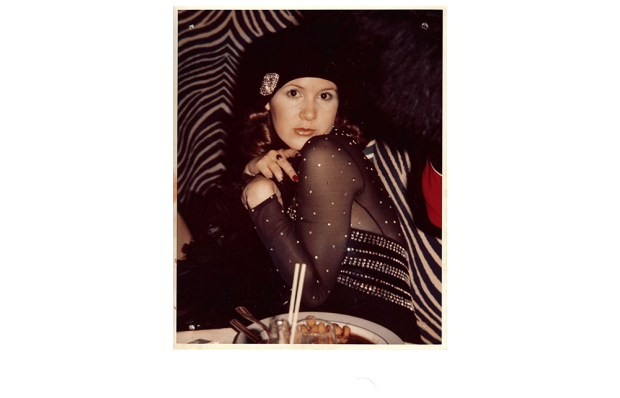






Comments
Don't miss out
Join the conversation with other Spectator Australia readers. Subscribe to leave a comment.
SUBSCRIBEAlready a subscriber? Log in